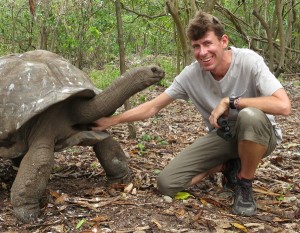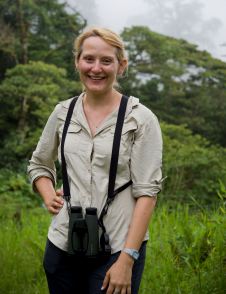This week’s round-table will be an informal discussion on the role of early career researchers (ECRs) – research assistants, research scientists and post-docs – within large and/or multi-disciplinary synthesis groups and working groups. We will cover topics including, the role and expectations of ECRs how these can be managed, challenges we may face in interacting with the rest of our collaborators and also, how we can manage our own work goals while doing so.
Here is an initial list of questions we’d like to discuss.
- What do we think the ECR should be doing?
- What are the challenges in aligning group expectations with the ECR’s own understanding of their role in the group?
- How does the ECR ensure that their own professional goals remain on track while working for the group?
- How best can the ECR use this period for learning new skills and making new collaborations?
Please feel free to bring additional questions/comments/thoughts to the session.


